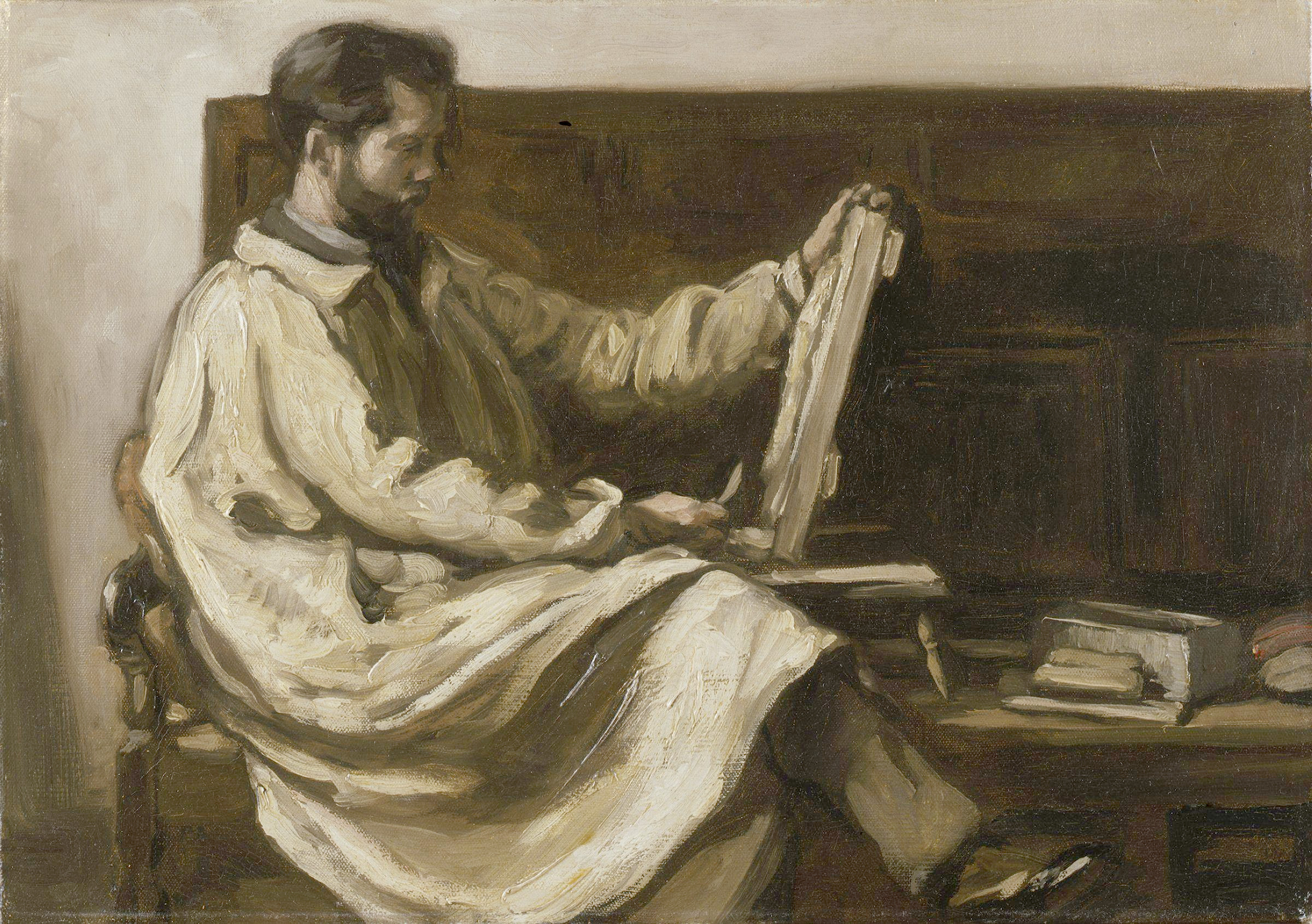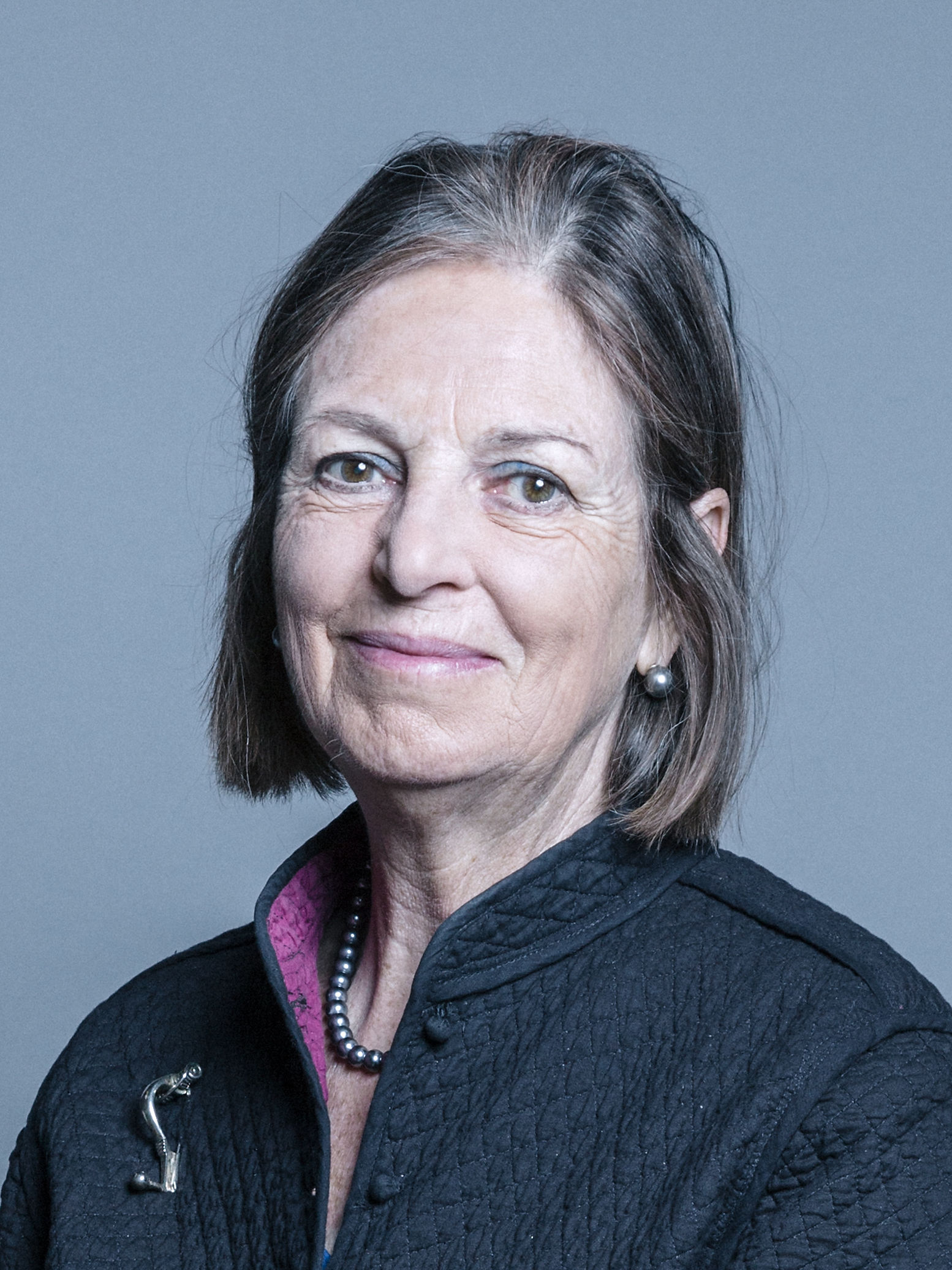|
Law Society Of England And Wales
The Law Society of England and Wales (officially The Law Society) is the professional association that represents solicitors for the jurisdiction of England and Wales. It provides services and support to practising and training solicitors, as well as serving as a sounding board for law reform. Members of the Society are often consulted when important issues are being debated in Parliament of the United Kingdom, Parliament or by the executive. The Society was formed in 1825. The Hall of The Law Society is in Chancery Lane, London, but it also has offices in Cardiff to deal with the Wales jurisdiction and the Senedd. A president is elected annually to serve for one year. The current president is Richard Atkinson. The Law Society has nothing to do with barristers in England and Wales. The relevant professional body for barristers is the General Council of the Bar. History The London Law Institution, the predecessor to the Law Society, was founded in 1823 when many London Sol ... [...More Info...] [...Related Items...] OR: [Wikipedia] [Google] [Baidu] [Amazon] |
Chancery Lane
Chancery Lane is a one-way street that forms part of the City of London#Boundary, western boundary of the City of London. The east side of the street is entirely within the City,City of London Corporation Interactive maps (Electoral services: Ward boundaries) ''(accessed 19 March 2024)'' whilst the west side is in the City of Westminster south of Carey Street and the London Borough of Camden north of that street. The route originated as a 'new lane' created by the Knights Templar from their original 'old Temple' on the site of the present Southampton Buildings on Holborn, in order to access to their newly acquired property to the south of Fleet Street (the present Temple, London, Temple) sometime before 1161. Chancery Lane, numbered the B roads in Zone 4 of the Great Britain numbering scheme, B400 in the Gre ... [...More Info...] [...Related Items...] OR: [Wikipedia] [Google] [Baidu] [Amazon] |
Solicitors Act 1860
A solicitor is a lawyer who traditionally deals with most of the legal matters in some jurisdictions. A person must have legally defined qualifications, which vary from one jurisdiction to another, to be described as a solicitor and enabled to practise there as such. For example, in England and Wales a solicitor is admitted to practise under the provisions of the Solicitors Act 1974. With some exceptions, practising solicitors must possess a practising certificate. There are many more solicitors than barristers in England; they undertake the general aspects of giving legal advice and conducting legal proceedings. In the jurisdictions of England and Wales and in Northern Ireland, in the Australian states of New South Wales, Victoria, and Queensland, Hong Kong, South Africa (where they are called '' attorneys'') and the Republic of Ireland, the legal profession is split between solicitors and barristers (called ''advocates'' in some countries, for example Scotland), and a lawyer w ... [...More Info...] [...Related Items...] OR: [Wikipedia] [Google] [Baidu] [Amazon] |
Robert Henry Glanville Bourns
The name Robert is an ancient Germanic given name, from Proto-Germanic "fame" and "bright" (''Hrōþiberhtaz''). Compare Old Dutch ''Robrecht'' and Old High German ''Hrodebert'' (a compound of '' Hruod'' () "fame, glory, honour, praise, renown, godlike" and ''berht'' "bright, light, shining"). It is the second most frequently used given name of ancient Germanic origin.Reaney & Wilson, 1997. ''Dictionary of English Surnames''. Oxford University Press. It is also in use as a surname. Another commonly used form of the name is Rupert. After becoming widely used in Continental Europe, the name entered England in its Old French form ''Robert'', where an Old English cognate form (''Hrēodbēorht'', ''Hrodberht'', ''Hrēodbēorð'', ''Hrœdbœrð'', ''Hrœdberð'', ''Hrōðberχtŕ'') had existed before the Norman Conquest. The feminine version is Roberta. The Italian, Portuguese, and Spanish form is Roberto. Robert is also a common name in many Germanic languages, including Eng ... [...More Info...] [...Related Items...] OR: [Wikipedia] [Google] [Baidu] [Amazon] |
Law Society Arms
Law is a set of rules that are created and are enforceable by social or governmental institutions to regulate behavior, with its precise definition a matter of longstanding debate. It has been variously described as a science and as the art of justice. State-enforced laws can be made by a legislature, resulting in statutes; by the executive through decrees and regulations; or by judges' decisions, which form precedent in common law jurisdictions. An autocrat may exercise those functions within their realm. The creation of laws themselves may be influenced by a constitution, written or tacit, and the rights encoded therein. The law shapes politics, economics, history and society in various ways and also serves as a mediator of relations between people. Legal systems vary between jurisdictions, with their differences analysed in comparative law. In civil law jurisdictions, a legislature or other central body codifies and consolidates the law. In common law systems, judges m ... [...More Info...] [...Related Items...] OR: [Wikipedia] [Google] [Baidu] [Amazon] |
Charles Holden
Charles Henry Holden (12 May 1875 – 1 May 1960) was an English architect best known for designing many London Underground stations during the 1920s and 1930s, the Underground Electric Railways Company of London's headquarters at 55 Broadway, for the University of London's Senate House and for Bristol Central Library. He created many war cemeteries in Belgium and northern France for the Imperial War Graves Commission. After working and training in Bolton and Manchester, Holden moved to London. His early buildings were influenced by the Arts and Crafts Movement, but for most of his career he championed an unadorned style based on simplified forms and massing that was free of what he considered to be unnecessary decorative detailing. Holden believed strongly that architectural designs should be dictated by buildings' intended functions. After the First World War, he increasingly simplified his style and his designs became pared-down and modernist, influenced by European arc ... [...More Info...] [...Related Items...] OR: [Wikipedia] [Google] [Baidu] [Amazon] |
Lewis Vulliamy
Lewis Vulliamy (15 March 1791 – 4 January 1871) was an English architect descended from the Vulliamy family of clockmakers. Life Lewis Vulliamy was the son of the clockmaker Benjamin Vulliamy. He was born in Pall Mall, London on 15 March 1791, and articled to Sir Robert Smirke. He was admitted to the Royal Academy Schools in 1809, where he won the silver medal the year after for an architectural drawing, and the gold medal in 1813. He was elected Royal Academy travelling student in 1818, after which he studied abroad for four years, mostly in Italy, but also visiting Greece and Asia Minor. He was a great-uncle of the art potter Blanche Georgiana Vulliamy. Vulliamy died at Clapham Common, on 4 January 1871. Works *speculative housing in Tavistock Square and Gordon (later Endsleigh) Place in Bloomsbury (1827) *Neo-Gothic churches in the London area **St Bartholomew's, Sydenham (1826–31) **St Barnabas's, Addison Road, Kensington (1828–9) ** St Michael's, Highgat ... [...More Info...] [...Related Items...] OR: [Wikipedia] [Google] [Baidu] [Amazon] |
Designated Professional Body
According to the UK Financial Conduct Authority The Financial Conduct Authority (FCA) is a financial regulatory body in the United Kingdom. It operates independently of the UK Government and is financed by charging fees to members of the financial services industry. The FCA regulates financi ... (FCA), a dedicated professional body is one designated by the Treasury under section 326 of the Act (Designation of professional bodies) for the purposes of the Act (Provision of Financial Services by Members of the Professions). The following professional bodies have been designated in the Financial Services and Markets Act 2000 (Designated Professional Bodies) Order 2001 (SI 2001/1226), the Financial Services and Markets Act 2000 (Designated Professional Bodies) (Amendment) Order 2004 (SI 2004/3352) and the Financial Services and Markets Act 2000 (Designated Professional Bodies) (Amendment) Order 2006 (SI 2006/58): * The Law Society of England & Wales; * The Law Society of Scotla ... [...More Info...] [...Related Items...] OR: [Wikipedia] [Google] [Baidu] [Amazon] |
Bar Standards Board
The Bar Standards Board regulates barristers in England and Wales for the public interest. It is responsible for: * Setting standards of conduct for barristers and authorising barristers to practise; * Monitoring the service provided by barristers to assure quality; * Setting the education and training requirements for becoming a barrister as well as setting continuing training requirements to ensure that barristers’ skills are maintained throughout their careers; and * Handling complaints against barristers and taking enforcement or other action where appropriate The BSB's functions were originally carried out by the General Council of the Bar, the barristers' representative body, until 2006 when the Bar Council created the BSB as an independent regulator. The Legal Services Board has once - in 2013 - questioned the independence of the BSB from the Bar Council. Governance The BSB's governing board meets monthly at its headquarters in High Holborn, London, and holds pu ... [...More Info...] [...Related Items...] OR: [Wikipedia] [Google] [Baidu] [Amazon] |
Legal Services Board
The Legal Services Board is an independent body responsible for overseeing the regulation of lawyers in England and Wales. It is a non-departmental public body sponsored by the Ministry of Justice, created through the Legal Services Act of 2007 (LSA2007). The Legal Services Board is politically and financially independent of the government. Costs are covered entirely by a levy on the approved regulators of the legal professions. Its overriding mandate is to ensure that regulation in the legal services sector is carried out in the public interest and that the interests of consumers are placed at the heart of the system. The Board came into being on 1 January 2009 and became fully operational on 1 January 2010. Role and function The Legal Services Board is an oversight regulator, and sits at the top of the regulatory system for legal services in England and Wales. It provides regulatory oversight of the eight ‘’approved regulators’’ named in the Legal Services Act of 200 ... [...More Info...] [...Related Items...] OR: [Wikipedia] [Google] [Baidu] [Amazon] |
Legal Services Act 2007
The Legal Services Act 2007 is an Act of the Parliament of the United Kingdom that seeks to liberalise and regulate the market for legal services in England and Wales, to encourage more competition and to provide a new route for consumer complaints. It also makes provisions about the Legal Profession and Legal Aid (Scotland) Act 2007. Regulatory objectives Section 1 of the Act defines eight regulatory objectives: *Protecting and promoting the public interest; *Supporting the constitutional principle of the rule of law; *Improving access to justice; *Protecting and promoting the interests of consumers of legal services; *Promoting competition in the provision of legal services; *Encouraging an independent, strong, diverse and effective legal profession; *Increasing public understanding of the citizen's legal rights and duties; *Promoting and maintaining adherence to the professional principles; The professional principles are: *Authorised persons should act with independence ... [...More Info...] [...Related Items...] OR: [Wikipedia] [Google] [Baidu] [Amazon] |
Solicitors Regulation Authority
The Solicitors Regulation Authority (SRA) is the regulatory body for solicitors in England and Wales. It is responsible for regulating the professional conduct of more than 125,000 solicitors and other authorised individuals at more than 11,000 firms, as well as those working in-house at private and public sector organisations. The SRA, based in Birmingham with offices in London and Cardiff, is led operationally by a Chief Executive and Senior Management Team, with a Board and Board Sub-Committees providing strategic direction. The SRA was formed in January 2007 by the Legal Services Act 2007 to act as the independent regulator of solicitors. While formally an arm of the Law Society, the SRA is a statutory creation and operationally independent of the Law Society. In a report by Sir David Clementi of all legal services in England and Wales, he recommended that professional bodies holding both regulatory and representative responsibilities should separate those roles. The gov ... [...More Info...] [...Related Items...] OR: [Wikipedia] [Google] [Baidu] [Amazon] |


